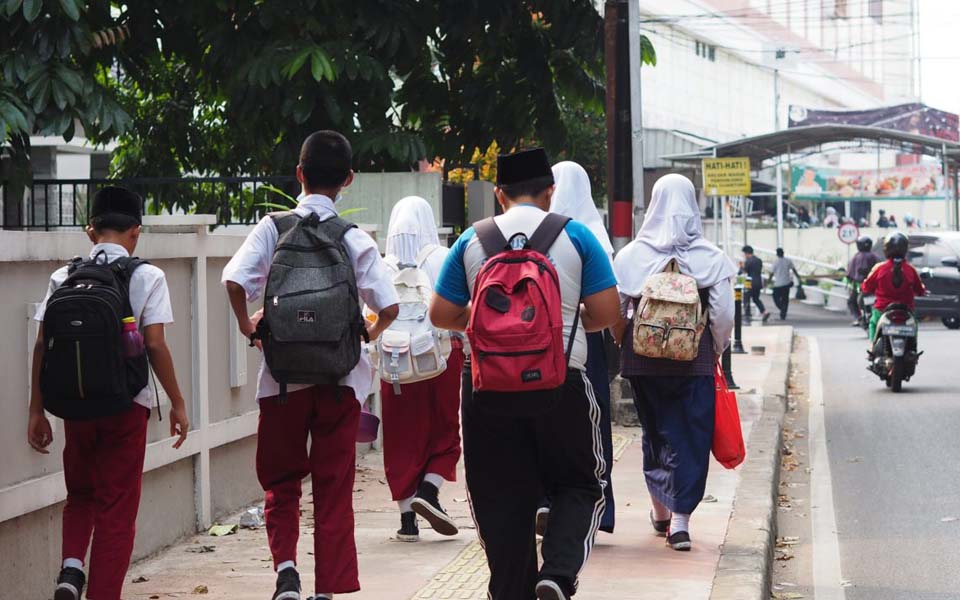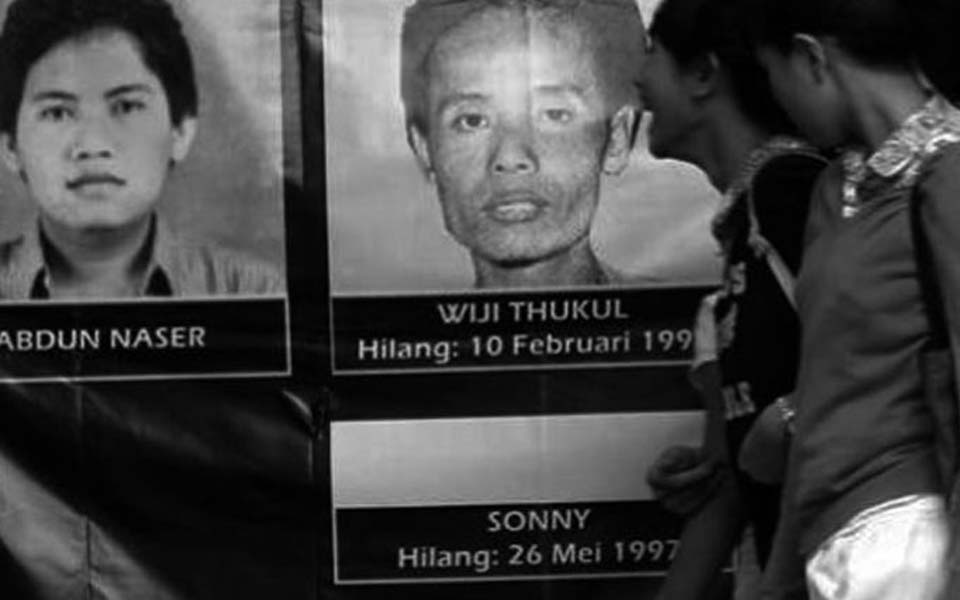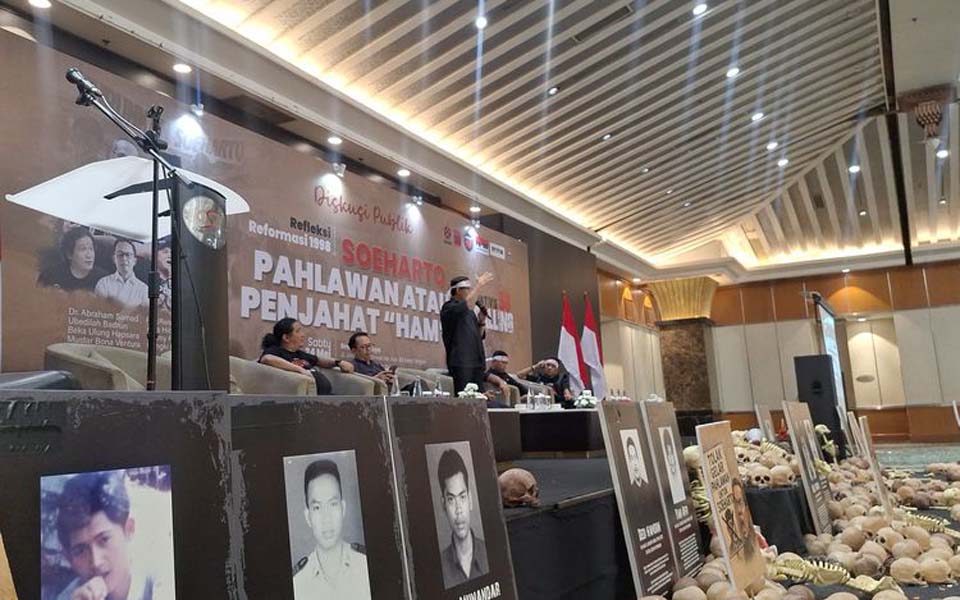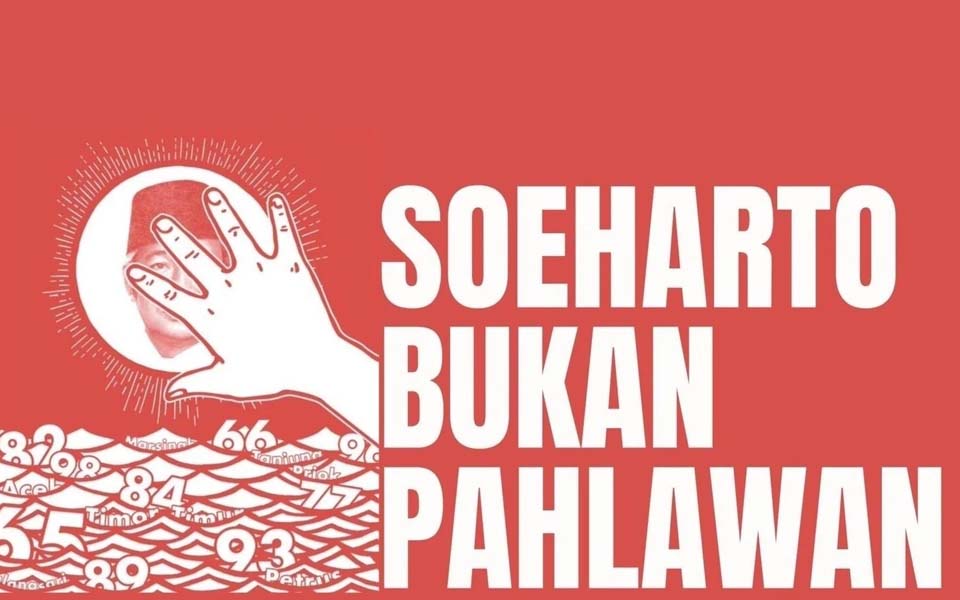Responding to the Constitutional Court (MK) ruling ordering state administrators to make all schools, both private and public, free of charge up to the elementary education level, Amnesty International Indonesia Deputy Director Wirya Adiwena said:
"The MK ruling is an important milestone in the advancement of human rights in Indonesia in the education sector. This decision is not only in line with the mandate of the Constitution, but also reflects a commitment to international obligations, such as the Convention on the Rights of the Child, which Indonesia has ratified.
Under this convention, participating countries are required to fulfil the basic rights of children, including free, inclusive, quality and accessible basic education for all. Quality and inclusive education provides opportunities for citizens to learn, discover their potential and contribute.
Likewise, the International Covenant on Economic, Social and Cultural Rights (ICESCR), which Indonesia has also ratified, recognises the right of every person to an education and establishes obligations for states to respect, protect and fulfil that right.
Amnesty International has long supported the principle that free and quality education is a fundamental human right. Education is one of the main instruments for empowering individuals, especially those who are economically and socially marginalised, to escape the cycle of poverty and participate fully in society. In the context of Indonesia, where social inequality remains high, education that is accessible to all is an urgent need.
Unfortunately, up until now the state has not given full and proper attention free and quality education access. Many schools do not receive adequate budget support. The MK ruling should be a trigger for the government to immediately reform policies and budgeting in the education sector. The state can no longer ignore its constitutional obligation to guarantee citizens' rights to education. The implementation of this decision must be accompanied by strengthening a fair, inclusive and affordable education system.
Moreover, we also emphasise the importance of human rights education, both inside and outside of school. Human rights education is one of the essential elements to foster a culture of respect for basic rights and empower every citizen to be able to actively fight for their rights.
Only with this kind of holistic approach can Indonesia build a just society, where every child has an equal opportunity to grow, learn, and work."
Background
On Tuesday May 27 the Constitutional Court partially granted the request for a judicial review of Article 34 paragraph (2) of Law Number 20/2003 on the National Education System (UU Sisdiknas) – specifically regarding the phrase "compulsory education to least at the elementary education level without charging fees".
In the instructions of ruling Number 3/PUU-XXII/2024 the court emphasised that the central government and regional governments must guarantee the implementation of compulsory education to least at the basic education level without charging fees – both for basic education units organised by the government and basic education units organised by the community.
Nevertheless, in its legal considerations, the court emphasised that private schools/madrasahs (Islamic schools) are not prohibited from fully financing the implementation of education from students or other sources as long as it does not conflict with legislation. Meanwhile, educational assistance for students attending private schools can still only be given to private schools/madrasahs that meet certain requirements or criteria based on applicable regulations.
[Translated by James Balowski. The original title of the article was "Pemerintah harus segera patuhi putusan MK terkait akses pendidikan dasar gratis".]















